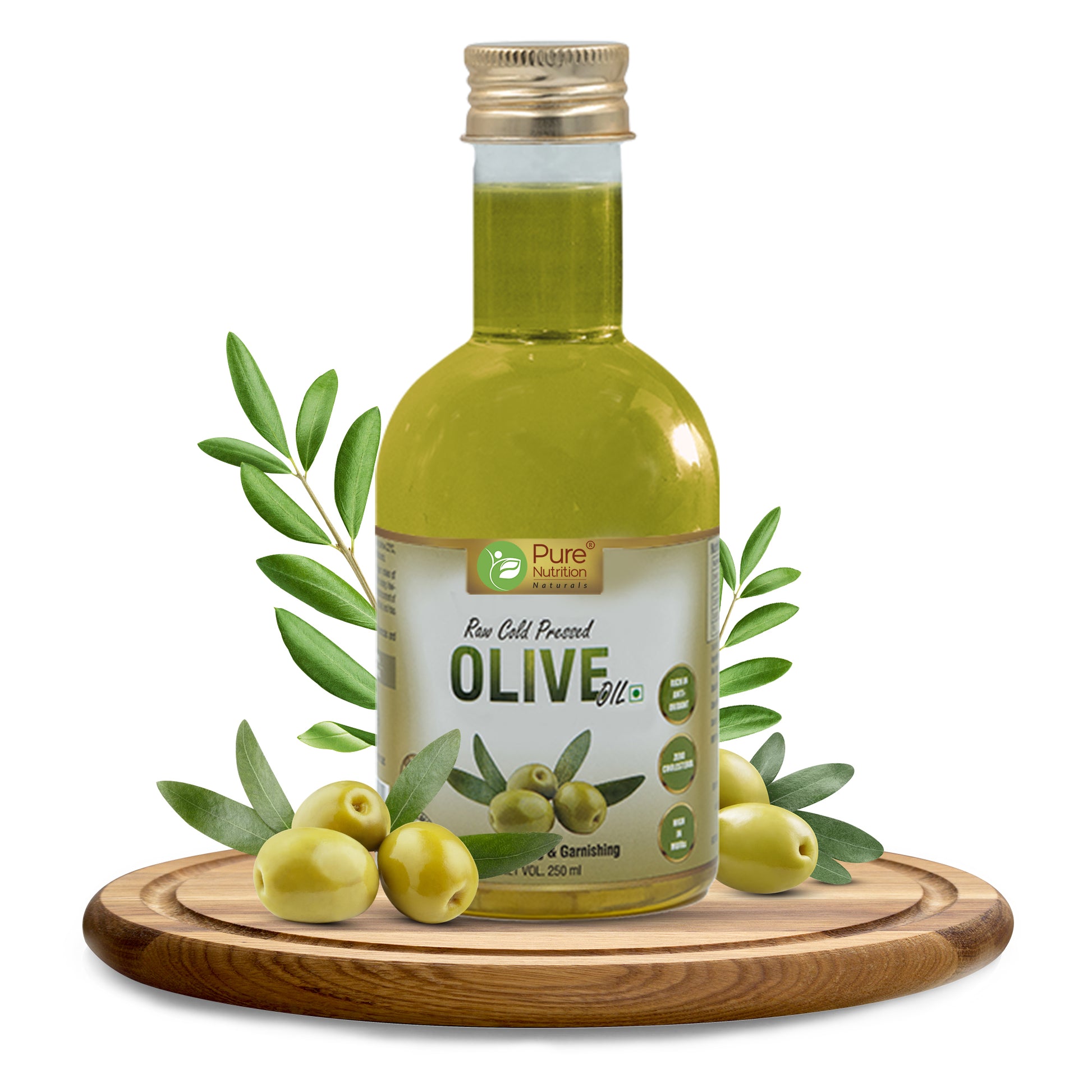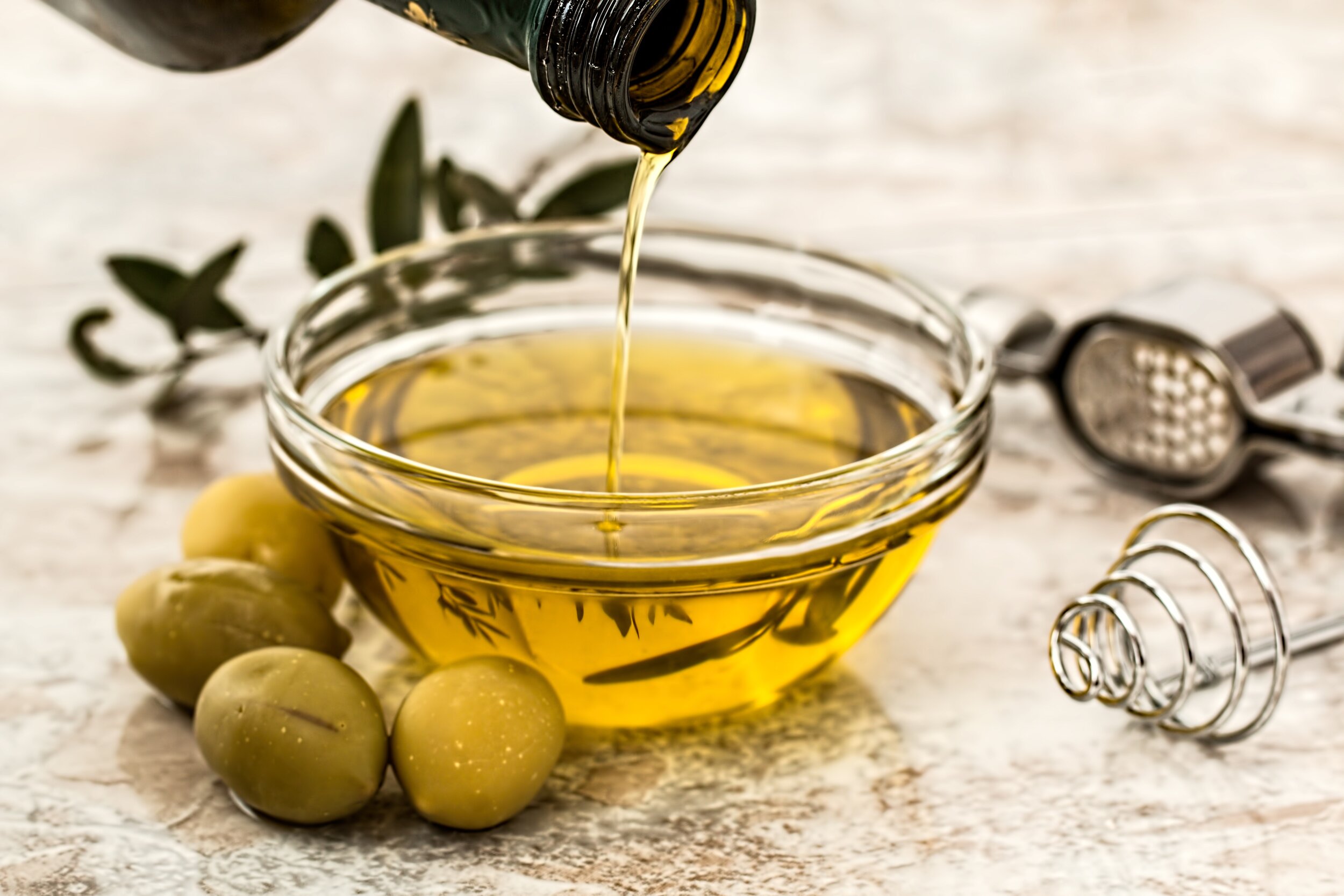Extra Virgin Olive Oil Benefits: The Secret to Healthier Hair and Nails
Extra Virgin Olive Oil Benefits: The Secret to Healthier Hair and Nails
Blog Article
Exploring the Different Kinds of Olive Oil and Their Usages, Consisting Of Bonus Virgin Olive Oil
The expedition of olive oil incorporates a varied series of kinds, each offering distinctive tastes and culinary applications. Additional virgin olive oil, renowned for its exceptional top quality and health and wellness benefits, serves as a staple in lots of cooking areas, yet it is just one aspect of this multifaceted active ingredient. extra virgin olive oil benefits. Various other selections, such as polished and pure olive oils, also require attention for their one-of-a-kind properties and usages. Recognizing these differences can considerably affect both food preparation techniques and taste profiles. What, then, should one think about when selecting the appropriate olive oil for a details cooking undertaking?
What Is Olive Oil?
Originated from the fruit of the olive tree, olive oil is a staple in Mediterranean food and an essential ingredient in numerous culinary applications. This versatile oil is created by pressing entire olives, resulting in a liquid that differs in taste, aroma, and color relying on the kind of olives used, the region of growing, and the removal procedure. Olive oil is predominantly made up of monounsaturated fats, specifically oleic acid, which is recognized for its possible health and wellness advantages, including anti-inflammatory buildings and cardiovascular support.
Along with its culinary uses, olive oil has a long history of application in traditional medication and skincare, owing to its rich antioxidant material (extra virgin olive oil benefits). The oil is typically used in dressings, marinates, and for cooking approaches such as sautéing and roasting. Its unique taste profile can enhance the taste of different dishes, making it an important ingredient for both home chefs and professional chefs
Furthermore, olive oil is commemorated for its function in the Mediterranean diet plan, which is associated with countless health and wellness benefits. As awareness of these advantages grows, olive oil continues to acquire appeal worldwide as an essential component of a healthy way of life.
Types of Olive Oil
Recognizing the different types of olive oil is important for both culinary fanatics and health-conscious consumers. Olive oil is categorized mainly based on its removal approach and high quality, which significantly impacts its flavor, health and wellness, and fragrance advantages.

Light olive oil, despite its name, refers to a lighter taste and not reduced calories. It is ideal for those seeking a much more subtle preference in dressings and marinates. Additionally, there are flavorful olive oils infused with natural herbs, spices, or citrus, which can boost recipes without the requirement for added spices.
Each sort of olive oil serves certain culinary functions, and understanding these distinctions allows customers to make enlightened choices that align with their food preparation designs and wellness goals.
Extra Virgin Olive Oil
Extra virgin olive oil (EVOO) is extensively considered as the best quality olive oil offered, popular for its rich taste and countless wellness advantages. To be classified as added virgin, the oil must be created from fresh olives using mechanical procedures, without using solvents or extreme warm. This precise technique protects the oil's natural flavors, antioxidants, and healthy and balanced fats, leading to an item with a reduced level of acidity degree of less than 0.8%.
EVOO is plentiful in monounsaturated fats, specifically oleic acid, which is linked to minimized inflammation and improved heart health and wellness. It also consists of polyphenols, powerful antioxidants that may offer protective results against persistent conditions. The flavor profile of EVOO can vary significantly relying on the olive variety and area of production, varying from fruity and helpful hints grassy to durable and sharp.

Culinary Uses of Olive Oil

In cooking, olive oil can be utilized for sautéing, toasting, and cooking, giving a healthier alternative to butter or various other fats. Its high smoke factor makes it ideal for numerous cooking approaches, while its anti-oxidants contribute to a heart-healthy diet. Drizzling olive oil over finished dishes, such as pasta, fish, or grilled veggies, can raise flavors and add a touch of beauty.
In addition, olive oil plays a considerable function in cooking, where it can change traditional fats in dishes for bread and breads, imparting wetness and a refined taste. It also acts as a base for instilled oils, enabling cooks to try out tastes such as garlic, herbs, or chili, further expanding its culinary possibility. In general, olive oil's convenience makes it vital in both home have a peek at this website and specialist cooking areas.
Choosing High Quality Olive Oil
When choosing high quality olive oil, it's crucial to take into consideration numerous crucial variables that influence the item's scent, health and wellness, and flavor advantages. Decide for additional virgin olive oil (EVOO), which is acquired from the very first cold pressing of olives and consists of the highest degrees of antioxidants and advantageous substances. Search for oils that are certified by acknowledged companies, as this frequently makes sure adherence to strict top quality standards.
The packaging likewise plays a considerable function in preserving the oil's stability. Pick oils saved in dark glass bottles or tins to protect versus light deterioration. Take notice of the harvest date; fresher oils provide superior flavor and dietary worth, so select redirected here products that are within 18 months of their harvest.
Be conscious of the taste; an excellent top quality olive oil need to have an equilibrium of fruity, bitter, and peppery notes, indicating its richness and intricacy. By reviewing these factors, you can ensure you are selecting the finest olive oil for your cooking demands.
Final Thought
In recap, the expedition of different types of olive oil reveals distinct characteristics and applications, with extra virgin olive oil standing for the pinnacle of top quality due to its low level of acidity and high antioxidant web content. Comprehending the various selections of olive oil allows for informed choices in cooking techniques, advertising healthier techniques while improving the total gastronomic experience.
Acquired from the fruit of the olive tree, olive oil is a staple in Mediterranean cuisine and a key active ingredient in different culinary applications.The most typical types of olive oil consist of fine-tuned olive oil, pure olive oil, and light olive oil.Bonus virgin olive oil (EVOO) is extensively related to as the highest high quality olive oil offered, well known for its abundant taste and countless wellness benefits. Choose for added virgin olive oil (EVOO), which is acquired from the very first cool pressing of olives and has the highest levels of antioxidants and advantageous compounds.In summary, the expedition of numerous types of olive oil exposes distinctive characteristics and applications, with extra virgin olive oil representing the pinnacle of quality due to its low acidity and high antioxidant web content.
Report this page